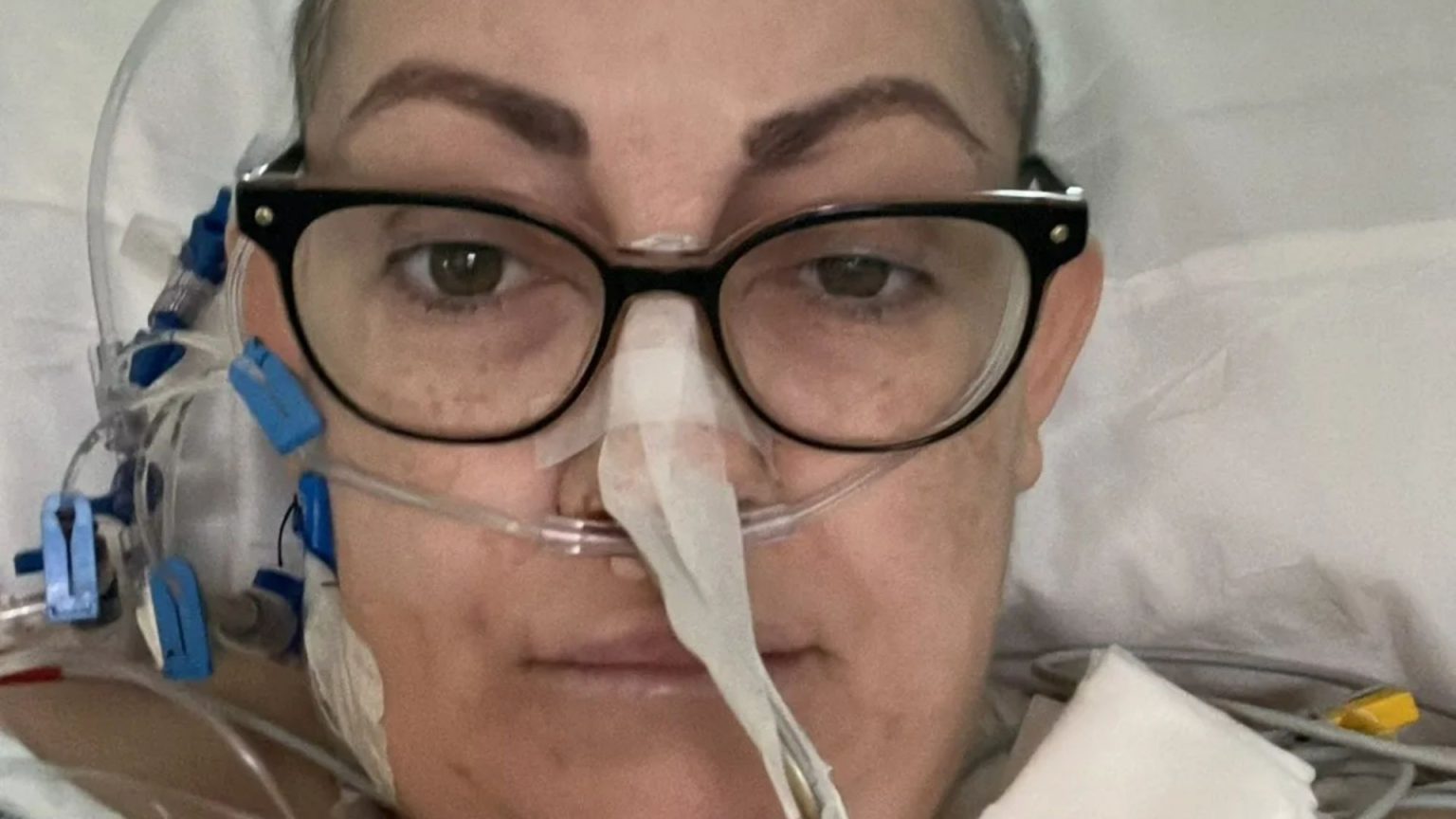Rachel Edge’s story is a stark reminder of the insidious nature of oesophageal cancer and the importance of early detection. At 17, Rachel was diagnosed with Barrett’s oesophagus, a condition where the cells lining the oesophagus become abnormal and which is sometimes considered a precursor to cancer. While the diagnosis was concerning, Rachel underwent regular monitoring through endoscopies and biopsies as a precautionary measure. Despite feeling healthy and almost skipping her appointment in 2022 due to the pressures of her student nursing program, Rachel attended her scheduled check-up. This seemingly small decision ultimately saved her life. The subsequent biopsy revealed a 1.7cm tumour in her oesophagus, a shocking discovery that propelled her into a challenging battle against cancer.
Rachel’s experience highlights the subtle symptoms of oesophageal cancer, which can often be mistaken for less serious ailments like indigestion. Heartburn, a persistent bad taste in the mouth, and chest pain – all symptoms Rachel experienced – are frequently associated with simple digestive issues. However, these same symptoms can also signal underlying problems like Barrett’s oesophagus or even oesophageal cancer itself. The insidious nature of these symptoms often leads to delayed diagnosis, as individuals and even medical professionals might dismiss them as minor inconveniences. This delay can be critical, as early detection significantly improves the chances of successful treatment and survival.
The discovery of the tumour marked the beginning of a gruelling journey for Rachel. She underwent a nine-hour surgery to remove the tumour, which also necessitated the removal of two-thirds of her stomach and two ribs. The surgery itself was fraught with complications, including a ruptured spleen, a life-threatening event that her surgeons skillfully managed. Following the surgery, Rachel endured weeks of chemotherapy to eradicate any remaining cancer cells. The combined physical and emotional toll of the treatment was immense, leaving her with lasting physical reminders in the form of numerous staples in her stomach and back.
Even after completing her treatment, Rachel continues to navigate the aftermath of her cancer battle. She lives with chronic pain, managed by high-dose medication, and experiences persistent fatigue, which impacts her ability to work as a district nurse and care for her two children. Beyond the physical challenges, Rachel also grapples with the psychological impact of her diagnosis, a silent struggle that often accompanies cancer survivorship. Despite these ongoing difficulties, Rachel considers herself fortunate. Her cancer was caught relatively early, allowing for timely intervention that dramatically increased her chances of survival. Without the treatment, her doctor estimated she would have likely died within 18 months.
Rachel’s story underscores the broader statistical landscape of oesophageal cancer in the UK. This aggressive cancer claims approximately 8,000 lives annually, a chilling statistic that translates to about 22 deaths every day. The UK has a higher rate of oesophageal cancer than most European countries, a concerning trend that emphasizes the urgent need for greater public awareness and increased research funding. Besides Barrett’s oesophagus, other risk factors for this cancer include age (being 75 or older), smoking, being overweight or obese, and alcohol consumption. These factors highlight the importance of lifestyle choices in mitigating the risk of developing this often deadly disease.
The most common symptoms of oesophageal cancer include difficulty swallowing, unexplained weight loss, persistent indigestion or heartburn, and pain in the throat or behind the breastbone. Other less frequent symptoms can include a persistent cough, hoarseness, dark stools, persistent tiredness, and regurgitation of food. If individuals experience any of these symptoms, especially if they are persistent or worsening, seeking medical advice from a GP is crucial. Early diagnosis is paramount in improving treatment outcomes and increasing survival rates for oesophageal cancer. Rachel’s experience serves as a powerful testament to the importance of being vigilant about one’s health and seeking medical attention when something doesn’t feel right, even if it seems minor.


